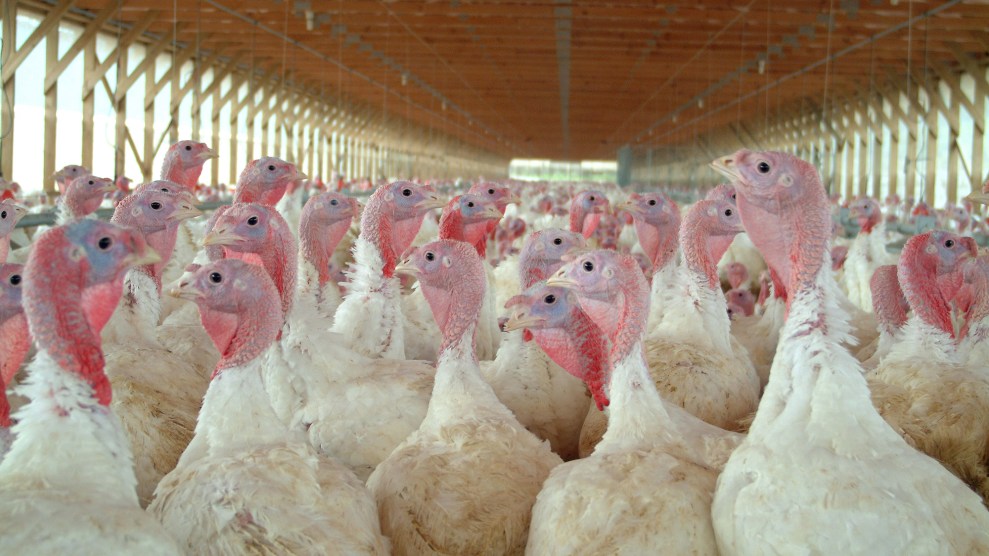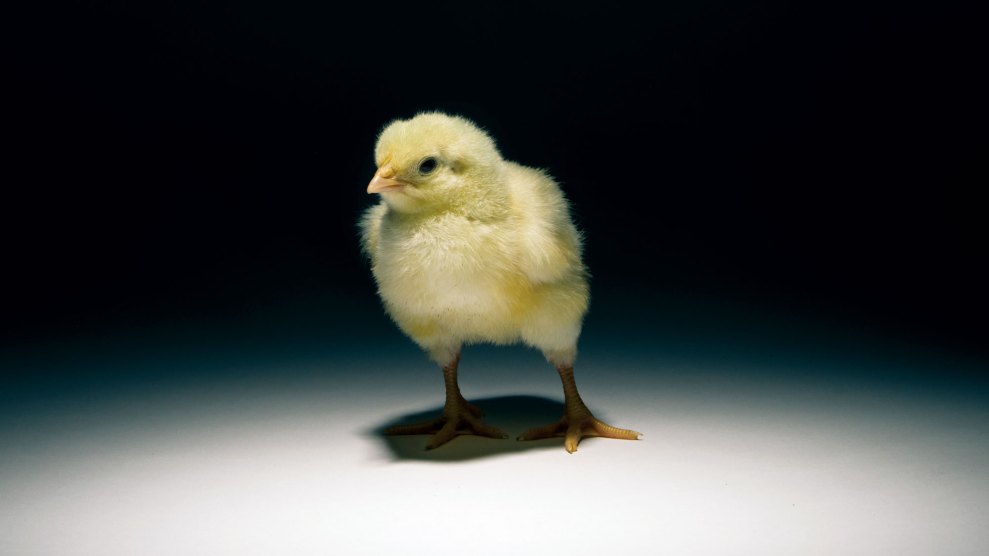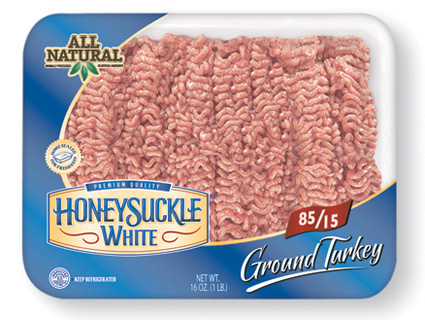
<a href="http://www.shutterstock.com/pic-2245869/stock-photo-a-young-turkey-on-a-farm-with-blurry-background.html?src=_N6Cic4MVkbHk4xeEJ6Izw-1-0">ene</a>/Shutterstock
Meat behemoth Cargill—one of four big players that produce more than half of the turkey Americans eat—has announced it’s stopped all routine use of antibiotics in its two biggest turkey brands.
The move means that for those two brands, Honeysuckle White and Shady Brook Farms, birds will only be treated with antibiotics when they actually come down with an infection.
Back in 2014, the company stopped using antibiotics as a tool to make birds raised for those brands grow faster, complying with a request by the Food and Drug Administration that growth-promoting antibiotics be phased out of US meat production. But that doesn’t mean the company stopped routine antibiotic use. On top of being voluntary, the FDA’s request included an industry-friendly twist: It blessed the practice of using small doses to “prevent disease,” creating a loophole that critics warned would allow meat companies to continue using antibiotics routinely, a practice that erodes the effectiveness of antibiotics for treating infections in people. Cargill’s move means that the company will no longer utilize the loophole for its largest brands.
According to the latest FDA figures, nearly 80 percent of the antibiotics used in the United States flows to meat production. Public-health authorities from the Centers for Disease Control and Prevention to the World Health Organization warn that overuse of drugs in meat farming contributes to the the proliferation of antibiotic-resistant pathogens, which cause 90,000 US death annually, while also racking up $55 billion in societal costs and causing 8 million additional days that people spend in the hospital, according to the National Institutes of Health.
Cargill’s announcement is the latest sign that the meat industry is slowly moving away from its decades-old reliance on routine use, a story I laid out in a Mother Jones piece earlier this year. For its beef unit, the company pledged in March to cut use of human-relevant antibiotics by 20 percent in eight large feedlots that supply it with cattle. But because the practice has gone global and bacteria move rapidly across borders, these efforts may prove to be too little, too late.
















